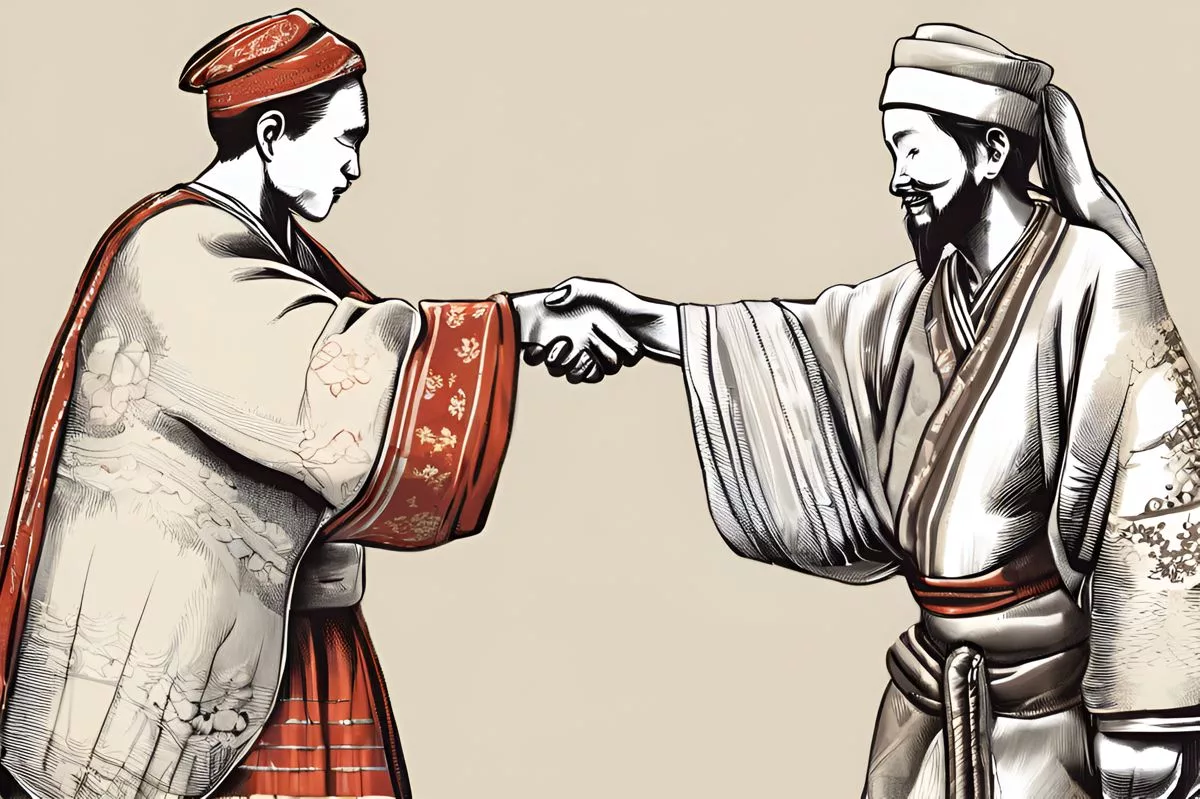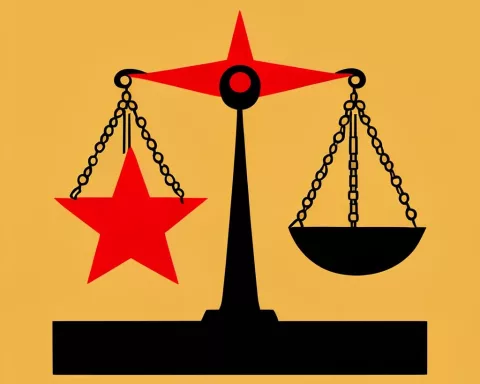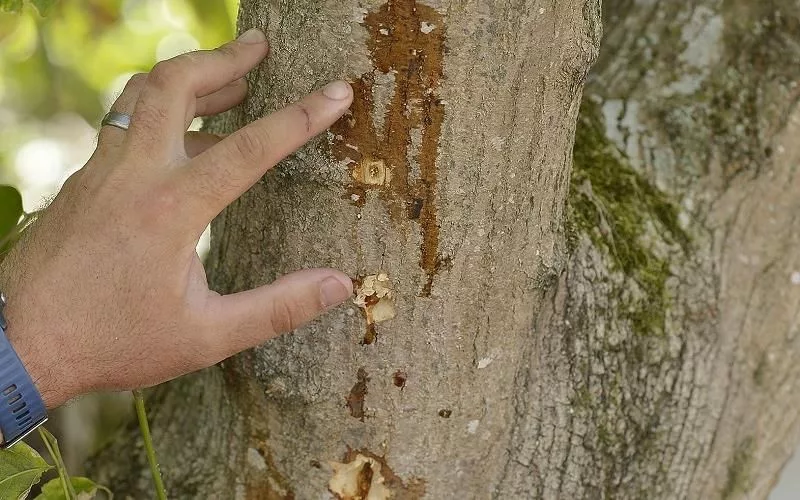South African President Cyril Ramaphosa’s recent visit to Juba, South Sudan, aimed to enhance the alliance between the two nations and bolster South Africa’s support for South Sudan during this crucial phase in its history. The visit highlighted the shared goals and vision of the two nations, born out of mutual struggle, and showcased the importance of diplomacy and bilateral relationships in promoting peace and fostering development. President Ramaphosa expressed South Africa’s commitment to support South Sudan during the transitional period and beyond, underlining the essence of their shared history and friendship.
South Africa’s Support for South Sudan During Crucial Phase
South African President Cyril Ramaphosa’s recent visit to Juba, South Sudan, aimed to enhance the alliance between the two nations and bolster South Africa’s support for South Sudan during this crucial phase in its history. The visit highlighted the shared goals and vision of the two nations, born out of mutual struggle, and showcased the importance of diplomacy and bilateral relationships in promoting peace and fostering development.
South African President Cyril Ramaphosa’s recent work trip to Juba, South Sudan, showcased a significant diplomatic stride. This visit symbolized not just global diplomacy and strategic bilateral cooperation, but also the spirit of friendship.
On his arrival in Juba, President Ramaphosa was warmly greeted by President Salva Kiir Mayardit, a gesture embodying the comradeship and common bond stemming from their shared historical struggles and a mutual aspiration for freedom and independence. This cordial reception highlighted the shared goals and vision of the two nations.
Post-independence, South Africa and South Sudan have nurtured robust bilateral relations. These relations, born out of mutual struggle, have evolved into dynamic collaborations on various issues, resulting in mutual benefits. This visit provided an opportunity for the two leaders to enhance their countries’ alliance, a stunning exemplification of transcontinental diplomacy.
South Africa’s Support to South Sudan in its Historical Moment
The chief aim of President Ramaphosa’s visit was not just to reaffirm these fraternal bonds but also to bolster South Africa’s support for South Sudan in this crucial phase of its history. South Sudan is currently striving to fortify peace, democracy, and development. This crucial phase significantly benefits from the support of a nation like South Africa which is essential for both South Sudan’s leadership and its citizens.
The importance of the historic agreement signed by South Sudan in 2018, can’t be overlooked. This agreement, which ended a conflict that was compromising the nation’s stability, marked a vital turning point in South Sudan’s journey towards a prosperous future. Since its signing five years ago, distinct progress has been observed, with the ceasefire agreement still intact and threats to peace and stability significantly reduced.
The formation of unified security forces is a hopeful development, hinting towards an improved security scenario. The restructuring of key institutions like the National Elections Commission, Political Parties Council, and the National Constitution Review Commission further solidifies the country’s democratic foundation.
Advancement of Peace and Stability in South Sudan
The endorsement of the Revitalised Agreement by President Salva Kiir, First Vice President Riek Machar, and other signatories, is a promising development. This agreement is considered the most effective tool for addressing the root causes of the conflict and charting a course towards lasting peace in South Sudan. The dedication of the involved parties towards this agreement reflects their determination and genuine intent.
Regional organizations and the international community have made significant contributions to South Sudan’s stability and development. The assessments by the representatives of the Reconstituted Joint Monitoring and Evaluation Commission (RJMEC), IGAD, and the African Union Mission have been highly valuable and appreciated.
The eagerly awaited general elections in South Sudan signify the culmination of the transitional period and the beginning of a democratic era. These elections, planned after necessary discussions and agreements on required conditions, will be a defining moment in the nation’s history.
South Africa’s Continued Support for South Sudan
The importance of peace, stability, and development for South Sudan cannot be over-emphasized. The decisions and actions of the collective leadership in the challenging times ahead will decide the nation’s future. The Revitalised Agreement, a comprehensive commitment to move the country forward, deserves recognition and commendation.
South Africa remains gravely concerned about the ongoing conflict and humanitarian crisis in Sudan, as it directly affects its surrounding countries, including South Sudan. South Africa’s support for the efforts of IGAD and AU in resolving the conflict in Sudan remains steadfast.
As President Ramaphosa concluded his working visit, he expressed optimism that the parties in South Sudan would continue their dialogue and reach a consensus on outstanding issues related to the Revitalised Agreement. He reaffirmed South Africa’s commitment to support South Sudan during the transitional period and beyond, underlining the essence of their shared history and friendship.
This visit from President Ramaphosa offered a powerful demonstration of the influence of diplomacy and the importance of bilateral relationships in strengthening democratic institutions, promoting peace, and fostering development. This visit was a laudable move in strengthening the ties between South Africa and South Sudan, and promises a bright future for both nations.
1. What was the purpose of South African President Cyril Ramaphosa’s recent visit to Juba, South Sudan?
The purpose of President Ramaphosa’s recent visit to Juba, South Sudan was to enhance the alliance between the two nations and bolster South Africa’s support for South Sudan during this crucial phase in its history.
2. What does the visit showcase?
The visit showcased the importance of diplomacy and bilateral relationships in promoting peace and fostering development and highlighted the shared goals and vision of the two nations born out of mutual struggle.
3. What is South Africa’s commitment to South Sudan during the transitional period and beyond?
South Africa is committed to supporting South Sudan during the transitional period and beyond, underlining the essence of their shared history and friendship.
4. What are the recent developments in South Sudan towards peace and stability?
There have been recent developments in South Sudan towards peace and stability, including the signing of the historic agreement in 2018 that ended a conflict compromising the nation’s stability, the formation of unified security forces, and the restructuring of key institutions like the National Elections Commission and the Political Parties Council.
5. What is South Africa’s position on the ongoing conflict and humanitarian crisis in Sudan?
South Africa remains gravely concerned about the ongoing conflict and humanitarian crisis in Sudan, as it directly affects its surrounding countries, including South Sudan. South Africa’s support for the efforts of IGAD and AU in resolving the conflict in Sudan remains steadfast.
6. What is the importance of President Ramaphosa’s visit to Juba?
President Ramaphosa’s visit to Juba offered a powerful demonstration of the influence of diplomacy and the importance of bilateral relationships in strengthening democratic institutions, promoting peace, and fostering development. It also strengthened the ties between South Africa and South Sudan, promising a bright future for both nations.












